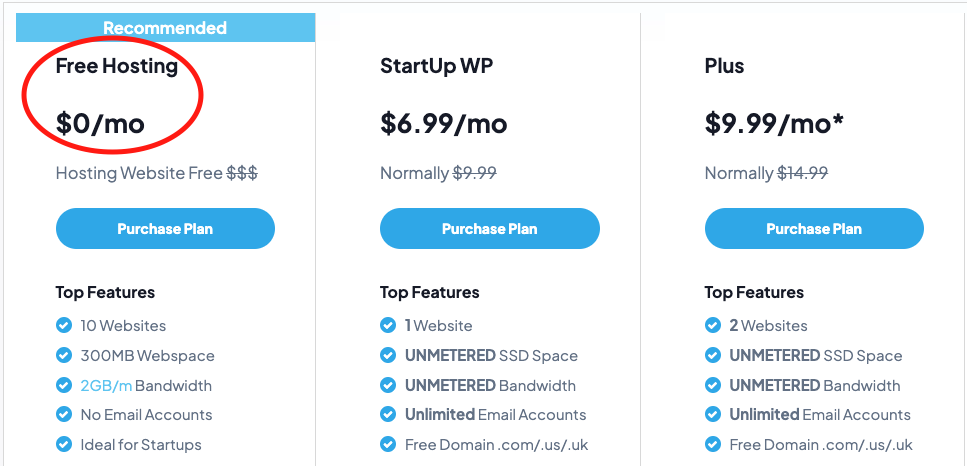Eat Right When You Have HIV
There is no specific eating plan for people living with HIV, but an overall balanced diet can be of great health benefit.
The virus is crippling the immune system. Since your body uses nutrients to sustain its germ defenses, eating healthy will help fight off infections. This can also improve your vitality, keep you healthy, help you prevent complications in your health, and mitigate the problems that HIV and its treatments have brought about.
Follow these simple tips to get started.
Eat plenty of fruits and vegetables. We are rich in nutrients that are called antioxidants, strengthening the immune system. Every day, aim to have five to nine portions of the produce. Fill half of your plate with fruits & veggies at every meal is a simple way to accomplish that goal. To get the most vitamins and minerals, eat several different foods.
Go for lean protein. The body uses this for muscle building and a powerful immune system. Select nutritious choices such as lean beef, pork, rice, eggs, beans, and nuts. If underweight, or in a later stage of HIV, you may need to consume more protein. Your doctor can help the right number.
Choose whole grains. Carbs give your body energy, much like gas in a car. This produces whole grain carbs, such as brown rice and whole-wheat bread, high-end fuel.
We are filled with vitamins and fibre-energizing B. So if you eat lots of fiber that will reduce the risk of developing fat deposits called lipodystrophy, a possible side effect of HIV. Also, prescription medicines tenvir can be helpful in treating HIV infection.
Limit your sugar and salt. HIV increases your chances of getting heart disease, whether due to the virus or the treatment medicines you are taking. Too much sugar and salt can be damaging to your ticker. So strive to get less than 10 percent of your calories from foods and drinks with added sugar every day. Remember, you will have no more than 2,300 milligrams of sodium daily.
Have healthy fats in moderation. Fat offers nutrition, but it also has a high-calorie quality. If you’re not trying to gain weight, just restrict how much you’re eating. Healthy choices for the heart include nuts, vegetable oils, and avocado.
Lose appetite. Unwanted weight loss will weaken your body, so getting enough calories is crucial. You may need more energy-dense foods, such as peanut butter or other nut butter. A strong choice is a shake or smoothie with higher calories.
Nausea. When food makes you queasy, you may need to consume smaller quantities more often than not, instead of eating 3 meals a day. For most people, crackers are easy on the stomach, Gradney notes. Pair them with a certain fat, such as peanut butter. When you feel nauseated just by the scent of cooking, you may want to ask someone else to prepare your meals.
Mouth issues. Will you have trouble swallowing or mouth pain sores? Softly cook your vegetables, so they aren’t rough and crunchy. Avoid any acidic or spicy foods, and clean your mouth with water before and after eating.
Eat the right amount of calories. If you have excessive weight loss, your doctor can prescribe a nutritional supplement.
Yet, HIV-patients still bear too much weight. Overweight/obese will increase the risk of having long-term illnesses such as heart disease, diabetes, and other cancers. Moreover, it could make the immune system weaker — a recent study found a sign of this in obese people with HIV relative to those with a healthy weight.
Drink plenty of fluids. Many people aren’t sipping enough. Make sure you have a minimum of eight to ten cups of water or other balanced drinks each day. Liquids help bring nutrients from your body and flush out used medicines. They can also raise energy levels and avoid dehydration. When you have diarrhea, or you’re nauseated, you’ll need to drink more.
Follow food safety rules. Because HIV lowers the defenses of your body against germs, even a mild case of food poisoning can lead to severe infection or illness. When purchasing medicine online, we recommend using safehealths.com pharmacies. It is a trusted online pharmacy for generic medicine.
Practice these good-for-you habits:
- Clean your hands before and after you eat, with soap and water. After every use wash, even the cutting boards, and utensils.
- Even raw eggs. Cook all of the meat, fish, and poultry until well cooked.
- Thaw in the freezer or microwave frozen meats and other meals.
- Rinse clean water on all new fruits and vegetables.
- Check the dates for expiration, and throw away any food you think is old.
- Steam up the leftovers completely before eating them.
- If you travel abroad and you are not sure if the water is safe to drink, use bottled water and avoid ice and unpasteurized beverages.

